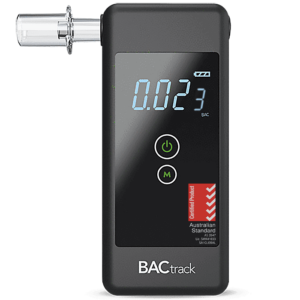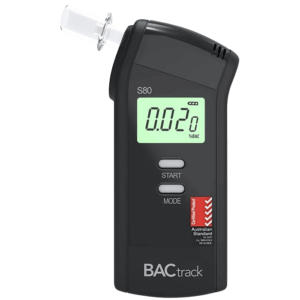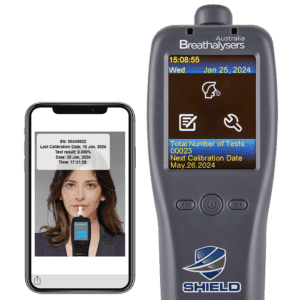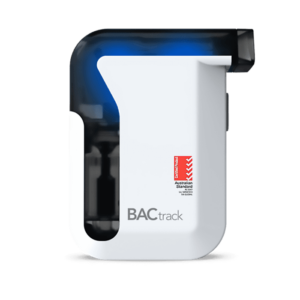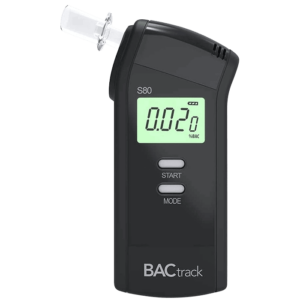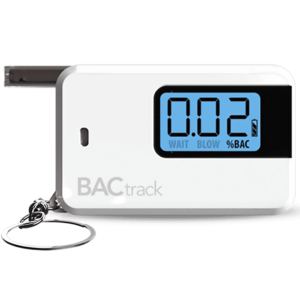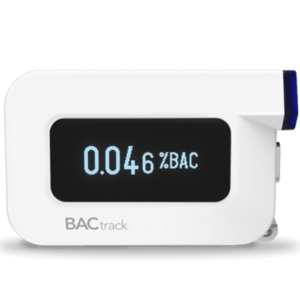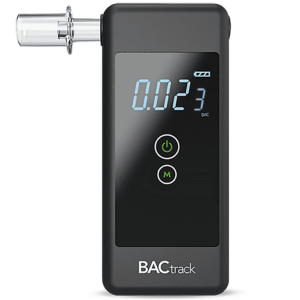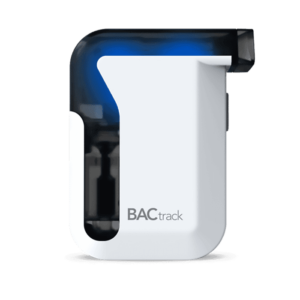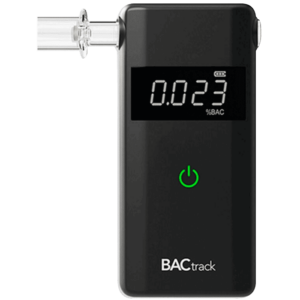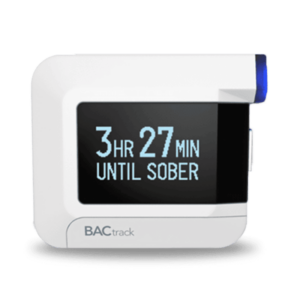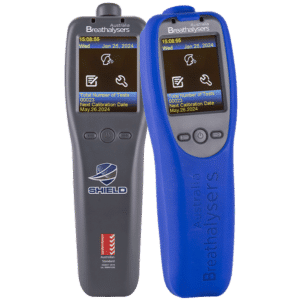Blood Alcohol Screening Test: What It Is, How it Works, and Results
08 November, 2023

A blood alcohol screening test is a method to determine the presence and level of alcohol in the body. This helps assess the state of intoxication or impairment due to heavy alcohol consumption. To perform the test, a healthcare professional collects a biological sample. These specimens can include urine, blood, saliva, or breath. The result reveals the Blood Alcohol Concentration (BAC) level, representing the ethanol volume.
Alcohol Use Disorder (AUD) is a chronic disease that can have devastating effects on both physical and mental health. It is characterised by an inability to control or stop drinking despite negative consequences. This disorder can lead to a wide range of problems, including liver damage, relationship issues, and financial difficulties. Thus, it is vital to address the issue using alcohol testing methods. This article will present information on the assessment, how it works, and an understanding of the results.
What Is a Blood Alcohol Screening Test?
The blood alcohol screening test is a type of medical testing to measure the presence and concentration of alcohol. It helps determine if a person has recently consumed alcoholic beverages. Accordingly, the alcohol tests involve analysing the blood, breath, urine, or saliva samples for the presence of alcohol metabolites. Different types of tests can be used depending on the situation and available resources.
Furthermore, it is a common approach by law enforcement agencies, health professionals, and employers. This identifies if someone is under the influence of alcohol and if their BAC levels exceed the legal limit. It is important to note that tests can detect alcohol even though the effects have worn off.
Additionally, various factors can influence the results of the blood alcohol testing. This includes the rate at which ethanol is metabolised in the body, the body weight, metabolism, and tolerance to liquor. The blood alcohol tests are highly beneficial as they allow early detection of drinking habits and excessive alcohol use. By identifying people who may need help, healthcare providers can offer appropriate support.
Purpose of the Test
- Determine alcohol consumption – the test can detect the presence of ethanol and provide an objective measure of alcohol consumption.
- Assess intoxication level – this information can help determine the degree of intoxication and impairment.
- Ensure safety – the test promotes public safety by identifying people who may have an impairment. This can reduce the risk of accidents, injuries, and other negative outcomes.
- Intervention and treatment – by detecting BAC levels, healthcare providers can intervene and provide appropriate support.
- Legal proceedings – this can serve as vital in legal cases, particularly alcohol-related offences like Driving Under the Influence (DUI).

How Blood Alcohol Screening Tests Works
A blood alcohol screening test works by measuring the amounts of alcohol in the bloodstream. When someone consumes alcoholic beverages, the ethanol is absorbed into the bloodstream through the stomach and small intestine. It also gets metabolised by the liver. The ethanol and its metabolites circulate throughout the body.
To conduct the test, practitioners start with collecting the specimen for analysis. The process varies depending on the type of test. The saliva testing requires the gathering of oral fluid from the mouth of the candidate. Breath tests have the users blow into a mouthpiece continuously. Meanwhile, urine tests involve collecting urine samples in a cup.
Blood tests require a medical professional to collect samples from the arm or fingers. Lastly, hair testing involves cutting hair strands near the scalp. After collection, the device or kits may analyse the samples onsite. Meanwhile, hair and blood tests require laboratory analysis. Results using kits and devices take only a few minutes. On the other hand, laboratory tests may take days.
What Are the Common Methods of Testing?
The most common test is the breathalyser test. This measures the amount of alcohol in the breath. This test is often used by law enforcement officers to determine if a person is intoxicated while driving. It is convenient for onsite testing because breathalysers are handheld and portable devices. Moreover, they provide quantitative results.
Additionally, there are urine tests and saliva tests are also widely used to measure blood alcohol levels. This is due to the prevalence of alcohol test kits for them. These three are common for initial screenings since they are easy to conduct and relatively less expensive.

Understanding the Results of a Blood Alcohol Screening Test
Understanding the results of blood alcohol screening tests is important to assess the level of intoxication in a person correctly. If the BAC is zero (0.00%), it means no alcohol is present in the bloodstream. This indicates sobriety, and the individual is not under the influence. A low BAC (0.01% to 0.05%) indicates a minimal amount of ethanol in the system. At this level, people may experience mild relaxation and increased confidence.
For moderate alcohol consumption, the BAC is usually at 0.06% to 0.08%. The individual may experience more significant effects of alcohol. Although the person may feel more relaxed, their coordination, attention, and judgment may become impaired. Next, a high BAC (0.06% to 0.15%) indicates a substantial presence of alcohol. Slurred speech, poor coordination, and blurred vision may arise.
When the BAC reaches a very high level (0.16% and above), individuals are at severe risk of alcohol poisoning. Symptoms may include confusion, dizziness, vomiting, loss of consciousness, and even risk of coma. Immediate medical attention is vital in such cases. Lastly, it is vital to remember that people can have different reactions to alcohol and tolerance levels can vary.
Legal Limits in NZ
In New Zealand, the legal BAC limits for drivers vary depending on factors. For drivers aged 20 years and over with a standard license, the limit is 0.05%. This means that if the BAC level of the driver is equal to or exceeds 0.05%, the person is considered to be committing a DUI. This may lead to penalties such as fines, license suspension, or even imprisonment.
For drivers under the age of 20, the limit is zero. Hence, any amount of alcohol in their system while operating a vehicle is illegal. These BAC limits are in place to ensure safety and to discourage drink driving.
Conclusion
The blood alcohol screening test is an effective method of determining the BAC levels of a person. This information can be a reliable way to identify people with alcohol impairments or alcohol-related issues. Individuals or authorities may choose from saliva, urine, blood, or breath testing. Each type of testing has its advantages to suit specific needs. The testing typically starts with sample collection and then followed by sample analysis.
Accordingly, testing has numerous purposes. This includes the determination of consumption, intoxication assessment, ensuring safety, and intervention. In understanding the results, there are generally five levels. This specifies zero BAC, low BAC, moderate drinking, high BAC, and very high levels of consumption. The general BAC limit in New Zealand is 0.05%, and for those under 20, 0.00%. It is crucial to follow these limits to avoid accidents and penalties from drink driving.


















